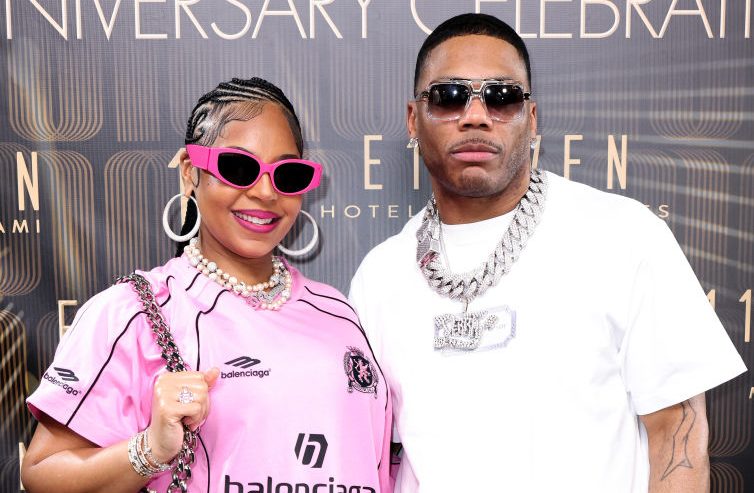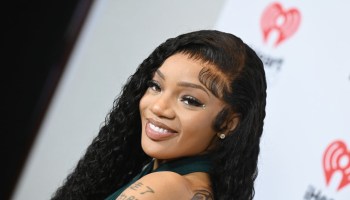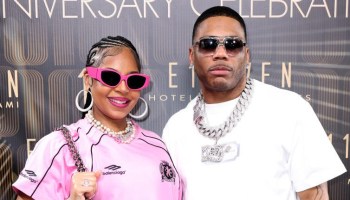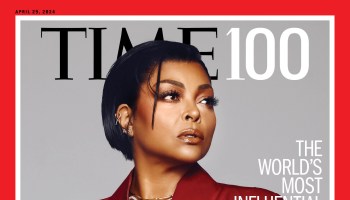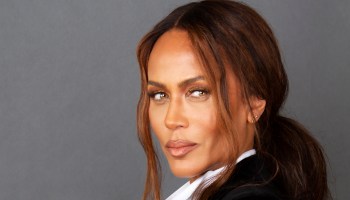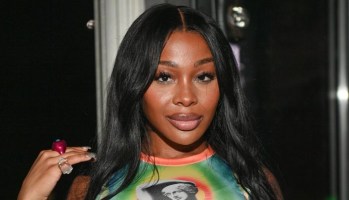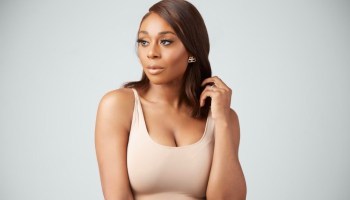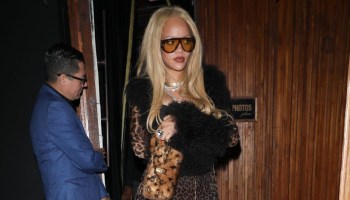A recent study concluded that multivitamins don’t do much to help prevent cancer or heart disease in older women. But does this mean post-menopausal women should toss their multivitamins in the garbage? What about women who are menstruating and have different nutritional needs? Which vitamins do women need to be the most concerned about taking?
The Importance of Vitamins
What’s important to know is that poor nutrition increases a woman’s risk for heart disease, cancer and diabetes. While there may be some controversy over just how important multivitamins are for older women, experts agree that healthy eating is the most important thing a woman can do to meet minimum daily vitamin requirements essential for good health.
But experts also recognize some value in supplements.
“Doctors prefer to recommend good food choices,” says Heidi Skolnik, MS, a nutrition consultant and nationally recognized writer, editor, and lecturer. “When it comes to preventing certain diseases, vitamins may not be a panacea. That said, women typically diet, and so there are often gaping holes in their nutrition that supplements may be able to help with.”
Which Vitamins Do Women Really Need?
Consider adding the following nutrients to your diet:
• Calcium. A woman typically needs 1,000 to 1,500 milligrams of calcium daily, depending on her age. You can reach this daily requirement by eating or drinking dairy and soy products (preferably fat-free) or pure orange juice that’s been fortified with calcium, or by taking calcium supplements. As women age, their bone mass decreases. At this point, women need to be at the upper end of the daily calcium requirement to lower their risk of osteoporosis.
• Vitamin D. Sunlight triggers the development of vitamin D in your body, but as women get older they lose some of their ability to convert sunlight into vitamin D; without vitamin D your body can’t use calcium. Also, protecting yourself from skin cancer with sunscreen means shutting out the vitamin D you’d get from the sun. To compensate for this loss, older women might consider taking a multivitamin containing both vitamin D and calcium. To help you understand how much vitamin D you need each day, consider this: A glass of milk provides about 100 international units (IU) of vitamin D. If you’re over 50, you should be getting 400 IU. Over 70, you need 600 IU daily.
• Iron. If you’re still menstruating, you need to be sure you’re getting an adequate amount of iron in order to prevent anemia. “Food sources are a good starting point, but you may need supplements,” says Skolnik. You’ll find iron in meat, poultry, beans, eggs, and tofu. “It’s important to pair your iron-rich meals with foods that contain vitamin C, like orange juice or citrus fruits, because vitamin C helps increase iron absorption,” Skolnik says. If you are a woman past menopause you need less iron, so unless your doctor recommends an iron supplement, you should look for a multivitamin without iron.
• Folic acid. Women who are pregnant or trying to become pregnant need to get more folic acid; it has been shown that low levels of this B vitamin can lead to birth defects in the baby affecting the brain and spinal cord. In addition to supplements, folic acid can be found in orange juice, beans, and green vegetables, and in foods such as breads and flour that have been fortified with it.
• Beta-carotene. Skolnik says that antioxidants — cancer-fighting substances like beta-carotene and vitamin C — help defend your body against cell damage. “Food sources are best for beta-carotene, and they include carrots, apricots, papaya, cantaloupe, pumpkin, sweet potatoes, and mangoes.” In other words, look for the color orange when you’re in the produce aisle.
• B6 and B12. Like vitamin D, vitamin B12 is not processed as well by older women and may be one vitamin to consider taking in supplement form, perhaps through a multivitamin. Both B vitamins are very important as you grow older. “Vitamin B6 helps with red-blood cell formation and vitamin B12 helps with nerve-cell and red-blood cell development,” Skolnick says. For example, you can get a day’s supply of vitamin B12 by eating one chicken breast, one hard-boiled egg, a cup of plain low-fat yogurt or one cup of milk, plus one cup of raisin bran.”
• Omega-3 fatty acids. These acids have been shown to act like natural anti-inflammatory substances in the body. They may also be important in helping to keep your heart healthy. As a woman gets older, her levels of estrogen decline, and that puts her at greater risk for heart disease, Skolnik says. Fatty fish, like salmon and tuna, is a great source of omega-3 fats, and pure orange juice is often fortified with omega-3s. Or, she adds, “Taking fish oil capsules is an excellent way to make sure you target these important fats.”
RELATED STORIES:
Yoga For Two: Three Starter Poses For You & Yours
Gina Neely’s Secret To Losing 50 Pounds!
Like HelloBeautiful on Facebook to stay on top of your favorite black celebrities:
The Must-Have Vitamins That Women Need was originally published on blackdoctor.org
